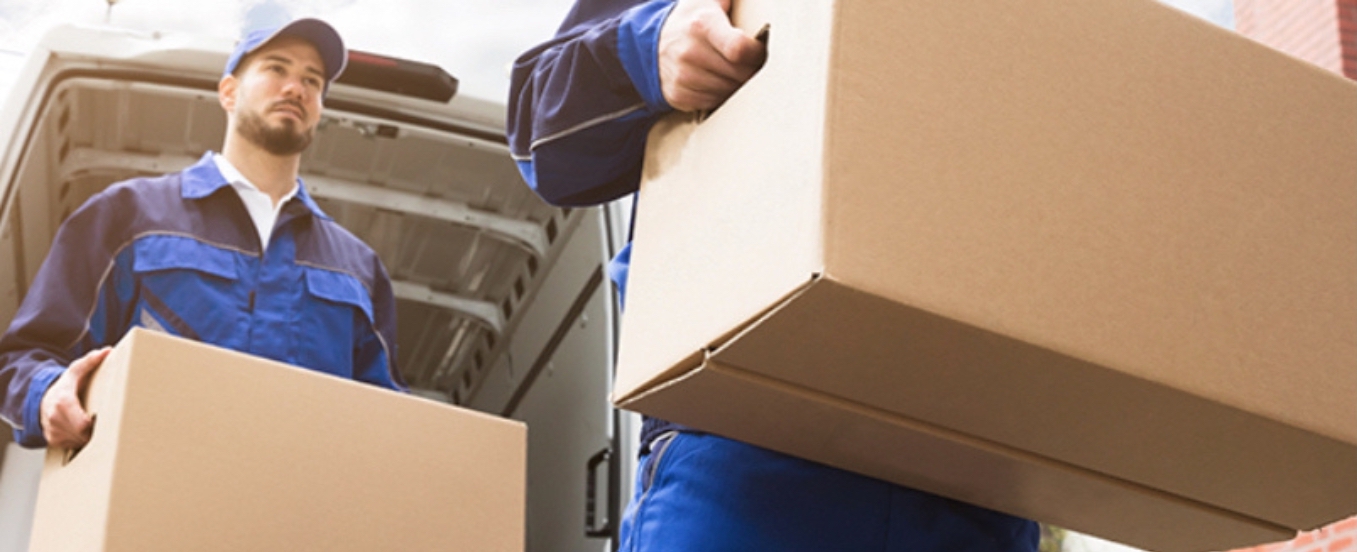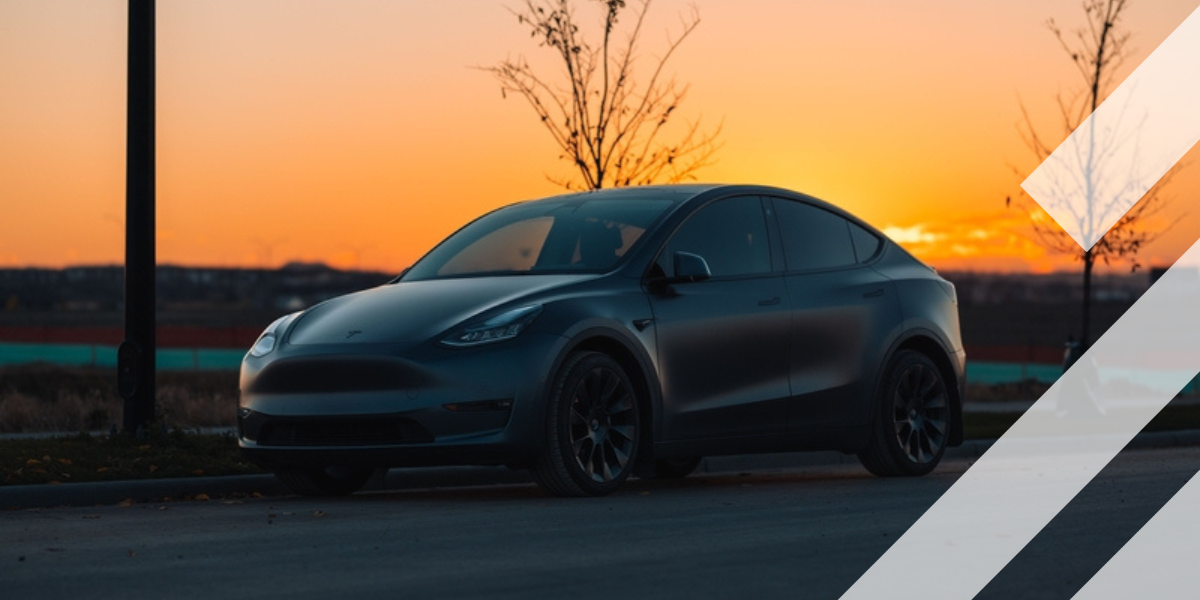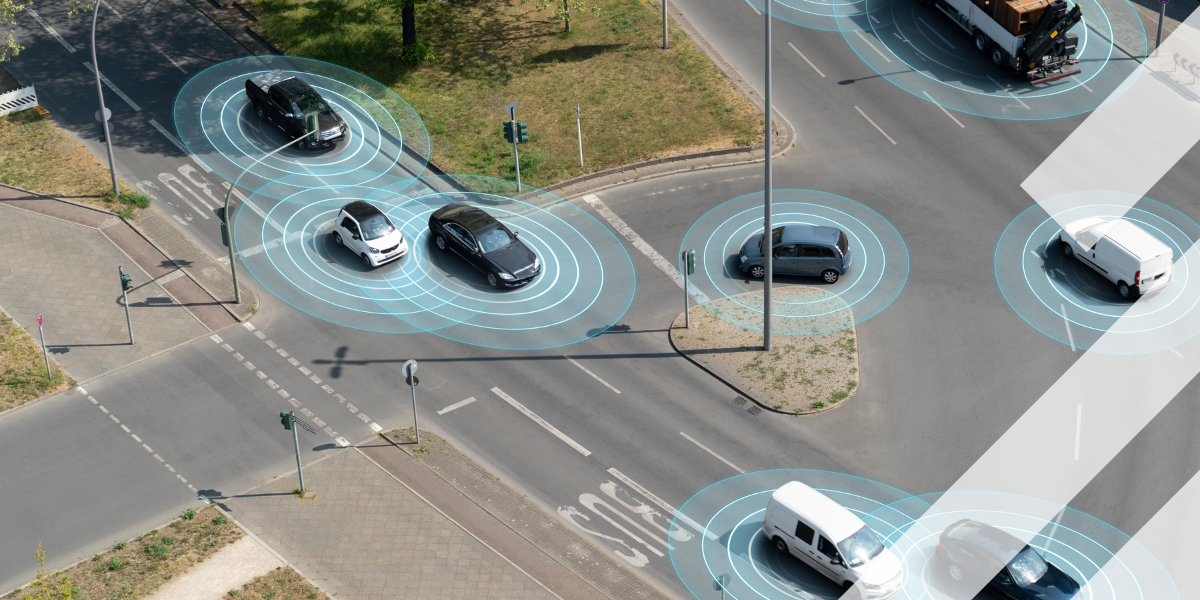River-to-road Logistics: Relieving Pier Pressure
Laura Jacklin, Grid Smarter Cities’ commercial development manager, talks to Intertraffic about Kerb-Dock, an innovative new river-to-road solution for sustainable, smarter, greener and safer logistics.
A pilot scheme trialling a cutting-edge smart city solution that helps address traffic congestion, improve air quality and noise pollution that enables efficient river-to-road logistics transfer is well under way on the south bank of the River Thames in London.
The initiative adjacent to Bankside Pier is concerned with how space in congested areas with multiple users can be shared via a bookable system. The platform will help to support the safe and efficient multimodal transfer of goods and will benefit logistics operators, landowners, local authorities and residents. Laura Jacklin, commercial development manager of the scheme’s main drivers, Grid Smarter Cities, explains the logical, logistical thinking behind its inception.
Intertraffic: Laura, a simple question to start with – what is the main goal of Kerb-Dock?
Laura Jacklin (LJ): Kerb-Dock is being piloted to help businesses and logistics operators look at how future freight strategy will change in cities. The project has identified from other studies that the cross docking environment will be essential for scaling or removing road mileage from freight journeys - it is a very delicate environment with a multitude of stakeholders. Investigating the management of this space will help to make safe and informed decisions collectively for less congested cities for the future. Selective operators that are currently delivering to the area will use Kerb-Dock and will ultimately share lessons learned with the freight sector.
"The project has identified from other studies that the cross docking environment will be essential for scaling or removing road mileage from freight journeys"

Intertraffic: Like all solutions, it has to solve a problem… so what problem does Kerb-Dock solve?
LJ: Many large cities are looking to be more sustainable with their freight movements and many of these cities used to rely on their rivers to transport freight. Taking London as a case in point, the river traffic just isn’t there any more and neither is business case. The Kerb Dock approach is to understand the nature of cross docking – where river meets road, in this case. From the river freight angle, you've got the Port of London Authority, who are the owner of the river and you've got the pier owner that is normally Transport for London (TfL) or a private owner. The issue is that with all deliveries, the last mile is key – and typically the last mile has to be done by road. So you've got to look at the whole journey, and manage that upscale sustainably. The Kerb-Dock approach, and specifically what the tech is being used for, is for the local authority to have more of a say in that upscale and manage that space on the road for the cross docking facility in a safe manner.
In a lot of the areas in central London, where these piers are primarily used for that last mile, the surrounding areas tend to be where there's huge amounts of pedestrianisation. It's not somewhere like a warehouse where you can just park loads of lorries up. The management of that space is really integral and knowing what is currently on the ground, and how you're not going to be making the situation worse. Using the technology to manage the land side has been useful, but it's also been useful for the pier owner as they can ascertain whether upscaling a particular pier is feasible as they will know if it’s somewhere they can cross dock, take off all the roll cages and the pallets and have a vehicle or a cargo bike parked up ready and waiting.
Intertraffic: What makes the Kerb-Dock project smart?
LJ: It’s smart in the sense of the booking platform and how the data can be managed by a private landowner or a local authority. Whoever owns that space has a way of managing it correctly and it’s not unfair to say that in certain European countries, it is something of a free-for-all. If you have to find a better way to manage the space for pedestrians, cyclists and other users, but is also free, it needs to be as efficient as possible. They don't want to be stuck somewhere, they don't want to be, spending 20 minutes trying to find a space. Unless you're big supermarket or perhaps the Westfield Shopping Centre, where you have your own loading capacity and you have a bookable system, these other places don't have that. We’ve started the trial in London but it would work just as well in Paris or Manchester.
"Whoever owns that space has a way of managing it correctly and it’s not unfair to say that in certain European countries, it is something of a free-for-all"

Intertraffic: It’s clearly a smart solution but, with the greatest respect, it sounds like a fairly simple concept.
LJ: It is. The whole concept is very simple. It's you've got freight movements you can book them in advance. A landowner can say “I’ve got this many vehicles of different types coming in at this point in the day and this is how I can better facilitate the use of the space.
Intertraffic: What made you conduct a pilot project in London?
LJ: Because it’s a challenge! It's not about having a pilot scheme somewhere where it's really easy to do, especially when you have multiple stakeholders. A lot of this stuff is very tied up in regulation. There are so many laws and there's a lot of things that you have to get past and I think if you can go through that kind of regulation and understand it and adapt it to what you need to do, then you have achieved something.
"The next step is to look at the current infrastructure. Is it going to be feasible for the next five years if you are going to want to use electric boats as you're going to have to charge them somewhere"
The next step for Kerb-Dock is to look at the current infrastructure. Is it going to be feasible for the next five years if you want to use electric boats as you're going to have to charge them at some point. Where's that electricity going to come from? It's not going to come from under the river – it’s probably going to be provided by the local authority. You need that private landowner or that local authority asset who has pretty much most of the infrastructure to be brought in to the process. If you do that, the dock can be scaled accordingly and the smoothness of river-to-road logistics transfer will increase very quickly.
Share your story
Do you have an innovation, research results or an other interesting topic you would like to share with the professionals in the infrastructure, traffic management, safety, smart mobility and parking industry? The Intertraffic website and social media channels are a great platform to showcase your stories!
Please contact our Sr Brand Marketing Manager Carola Jansen-Young.
Are you an Intertraffic exhibitor?
Make sure you add your latest press releases to your Company Profile in the Exhibitor Portal for free exposure.


